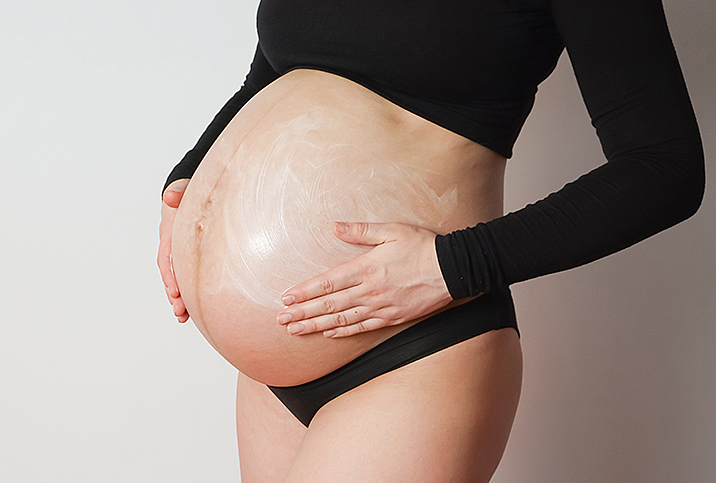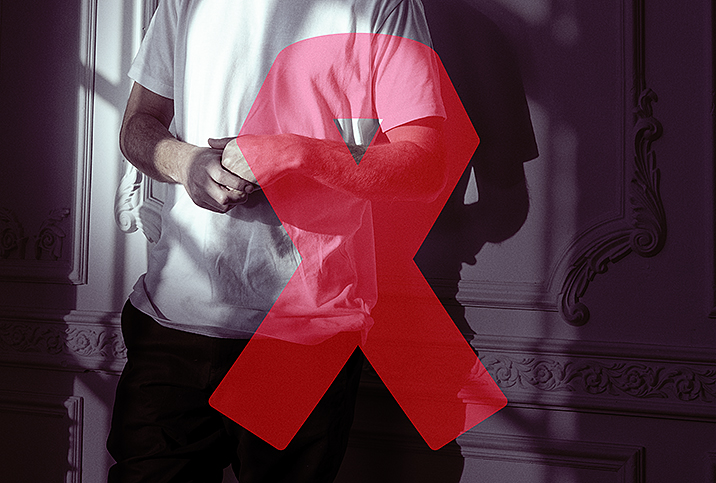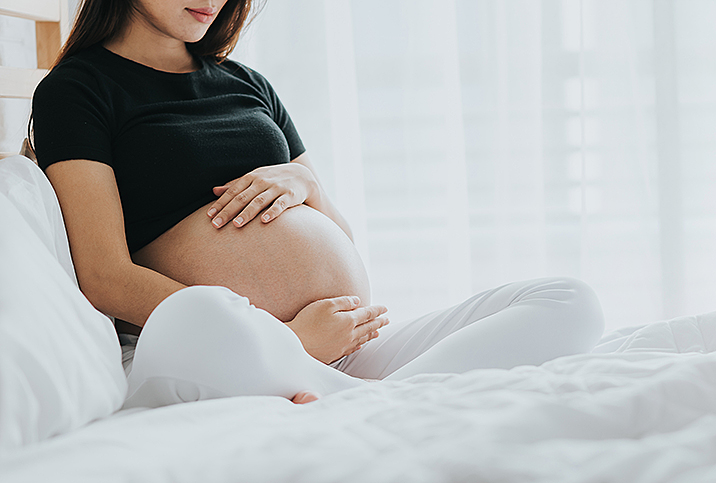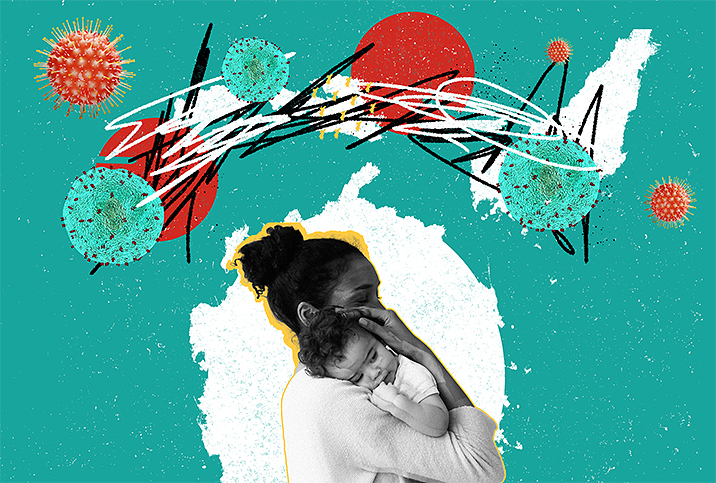What to Know About HIV, Pregnancy and Motherhood

Treatment advances since the 1990s have had a staggeringly positive impact on the human immunodeficiency virus, or HIV, including a decline of more than 95 percent in annual infections through perinatal transmission in the United States. By following the current guidelines, HIV-positive mothers now have a much better chance of keeping the next generation virus-free.
How is HIV transmitted to babies?
Perinatal transmission refers to the passage of HIV from a mother during pregnancy, childbirth or after birth.
During pregnancy, the placenta may transmit HIV to the fetus if viral loads—a measurement of how much viral material is in the body—are high. HIV may also spread through infant exposure to maternal bodily fluids during childbirth or breastfeeding.
Doctors routinely screen pregnant women for HIV at the beginning of pregnancy, since early intervention is crucial to reduce the risk of transmission. Compliance with an HIV medication regimen during pregnancy, combined with the administration of HIV medication to the child during the first four to six weeks of life, brings the likelihood of perinatal transmission down to just 1 percent.
How can we protect babies against HIV?
The risk of perinatal transmission goes up when HIV-positive mothers have a higher viral load. The viral load is considered undetectable when suppressed to a level of 200 copies per milliliter or less. OB-GYNs can monitor the effectiveness of HIV-treatment plans using regular blood tests throughout a woman’s pregnancy.
Some HIV medications aren’t safe to use during pregnancy, and dosages may require adjustments. Medication side effects can be difficult to cope with while pregnant. Expectant mothers should engage in regular communication with medical professionals who address concerns and ensure patients don’t miss necessary treatment.
Because HIV is often passed to a baby during childbirth, a cesarean section (C-section) delivery may be recommended. A C-section provides a controlled environment with less fetal exposure to virus-containing bodily fluids. Once born, the baby will be tested for HIV immediately. Pending results, the pediatrician will advise on next steps, such as pediatric HIV medication and follow-up tests.
Should HIV-positive mothers breastfeed?
Usually, breastfeeding offers a host of health benefits. However, the current guidelines advise that HIV-positive mothers opt for formula feeding. The risk of transmission outweighs the benefits of breastfeeding, even if viral loads are suppressed. Formula protects the baby against potential exposure to HIV in breast milk.
If the cost of infant formula is a hardship, women can take advantage of the Special Supplemental Nutrition Program for Women, Infants and Children’s Program (WIC). WIC assists with the cost of infant formula and nutritious foods for low-income families with children up to age 5.
Keep your family healthy when you are HIV-positive
Partners of people with HIV should get tested regularly. Taking preventive medications and other precautions can avert contracting the virus even if you’re in a relationship with an HIV-positive person.
The presence of HIV calls for increased focus on healthy habits, as the mother celebrates the health of her newborn child. However, this celebration is not guaranteed to take place: Without treatment, about 25 percent of babies born to women with HIV are also infected. If you’re HIV-positive and pregnant, consult your doctor to make sure you take all the necessary precautions to prevent transmission to your baby.


















